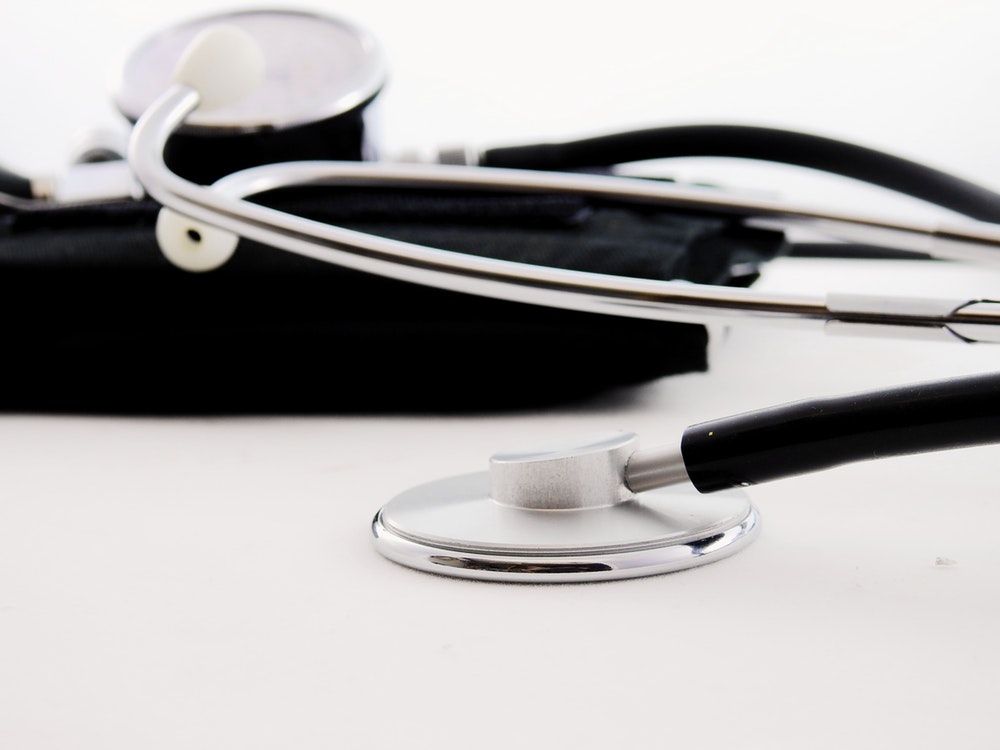According to the SIBOinfo.com website, SIBO is: Small Intestine Bacterial Overgrowth, defined most concisely as “a chronic bacterial infection of the small intestine.The infection is of bacteria that normally live in the gastrointestinal tract but have abnormally overgrown in a location not meant for so many bacteria.”
The site, managed by Dr. Allison Siebecker, is intended to share research and information with fellow doctors and anyone else interested in SIBO, and to help empower people in their health.
In summary of the site’s explanation of SIBO, bacteria interfere with normal, healthy digestion by consuming part of our food (their favorite nutrients are B12 and iron), leading to deficiencies which can cause anemia. Damage to the intestinal lining causes some food to be unable to get absorbed, and the bacteria eat that too – which leads to more of them and a continuing cycle of bacterial overgrowth. When they eat our food, they also produce their own gas in our SI which in turn leads to excess gas of our own (belching and flatulence), bloating, pain, diarrhea, or constipation.
They also interfere with proper fat absorption due to a process of deconjugation which also leads to deficiences of certain vitamins and fat in stools. Since larger food particles can get into the body through the damaged lining, the immune system reacts to it and allergies and food sensitivities begin as a result. To make matters worse, the bacteria themselves can get into the bloodstream, causing immune reactions which lead to chronic fatigue, pain and a heavy liver burden. The acids excreted by the bacteria can also cause cognitive problems and neurological symptoms.
Food Matters concurs with most of this, adding that SIBO is often grouped with similar disorders like candida, leaky gut, and/or dysbiosis. SIBO is distinct, according to Yuri Elkaim, as it only affects the small intestine. When the bacteria from the colon somehow ends up in the small intestine, the problem begins for small intestine bacterial overgrowth, says Elkaim.
Since the small intestine’s job is to absorb nutrients like vitamins and minerals, it gets overwhelmed by bacteria that perform digestive processes. The whole situation is problematic, primarily because essential nutrients may not be absorbed. Deficiencies, allergies, and unwanted weight loss can result, as well as possible permanent damage to cells and autoimmune disorders.
So what can be done?
Well, for starters, if you have any of these symptoms (or those previously mentioned), follow through on recommended treatment options.
If you’re experiencing:
the inability to gain weight in spite of greater caloric intake, unusual acne, new food sensitivities, dramatic, unexplained, or unwanted weight loss, chronic diarrhea (not related to consuming a certain food), chronic fatigue, vomiting/nausea, muscle weakness, carbohydrate sensitivity, or vitamin/mineral deficiencies, you should consider getting tested (usually a hydrogen breath test can confirm the presence of such bacteria) and treating in one of the following ways:
The essential objective is to encourage optimal levels of beneficial bacteria while simultaneously ceasing to eat the foods the bacteria crave. Simply put, we want to starve them out and replace them.
But how’s that done?
Most traditional Western physicians and gastroenterologist prefer prescribing antibiotics. Normally highly effective at killing of unwanted overgrown bacteria, Rifaximin or Neomycin are typically prescribed. However, many SIBO sufferers prefer not to take antibiotics, and instead to use a dietary remedy alone. This is most often done as follows:
First, ingest enough probiotics. Take a probiotic supplement, eat fermented foods like coconut kefir and coconut milk (not dairy) yogurt, and sauerkraut.
Meanwhile, eliminate all sugars and sweeteners. Also eliminate starchy carb foods like breads, sweet potatoes and white potatoes. Also no other starchy vegetables and no lactose may be consumed. Follow additional dietary directives here.
You’ll also want to supplement any nutrients your body has become deficient in by either taking a multi-vitamin or upping your healthy fats, leafy greens, and non-starchy veggies.
Certain herbs may also be beneficial in the form of tinctures or capsules such as lemon balm, dill seed, berberine, skullcap, or licorice root. These, Elkaim states, when properly used in combination with the dietary protocol, might be as effective as antibiotics in SIBO treatment.
Additional forms of treatment include starving out the bacteria while feeding the person only with Elemental Meals. These are medical foods which are in powder or liquid form, are pre-digested and full of easily absorbed nutrients. These are used for anyone afflicted with conditions associated with GI condition patients needing nutritional support while allowing digestive processes to rest.

